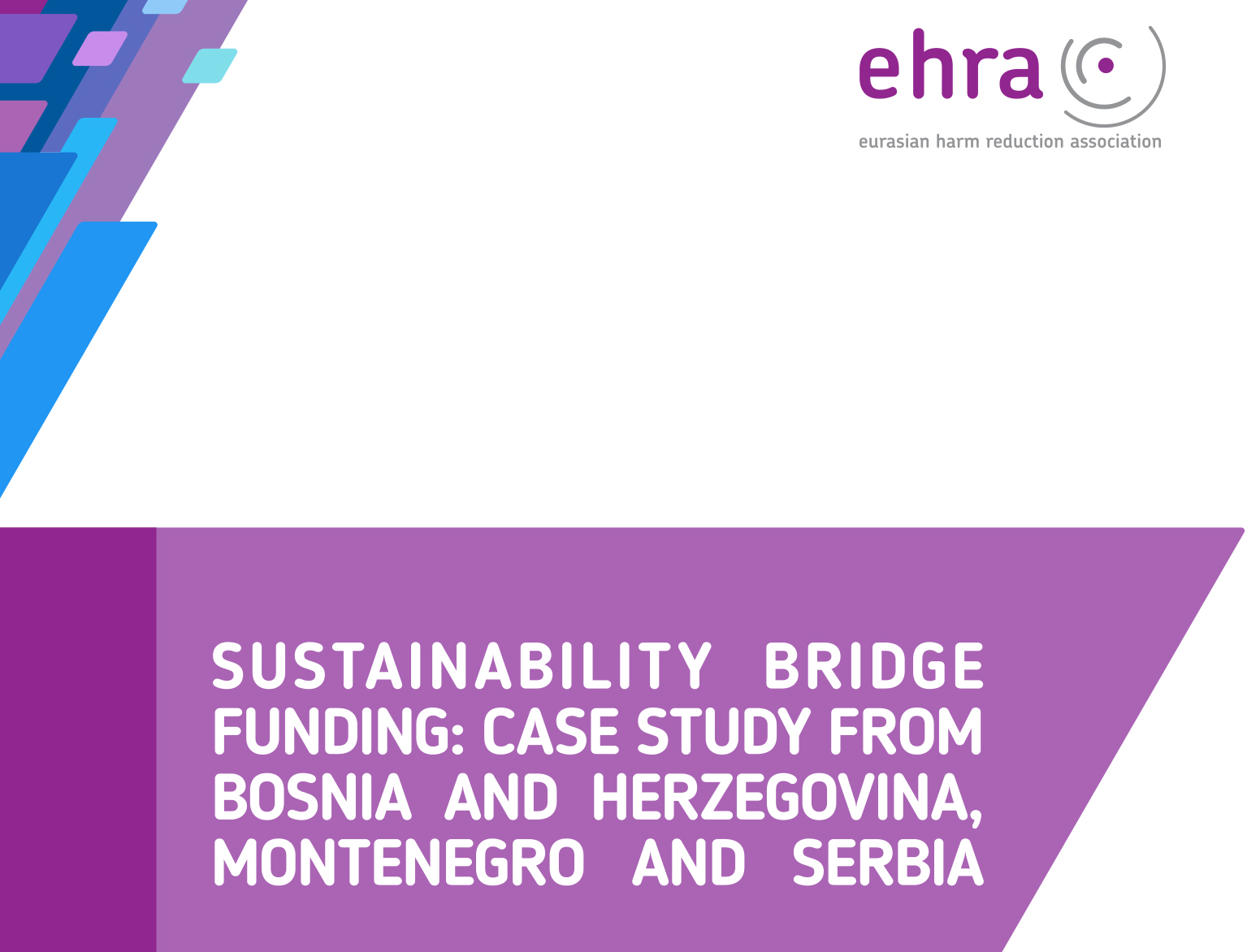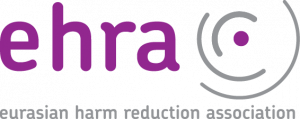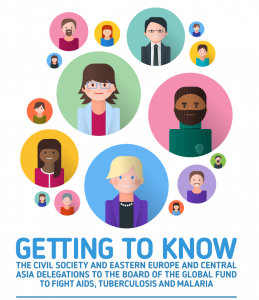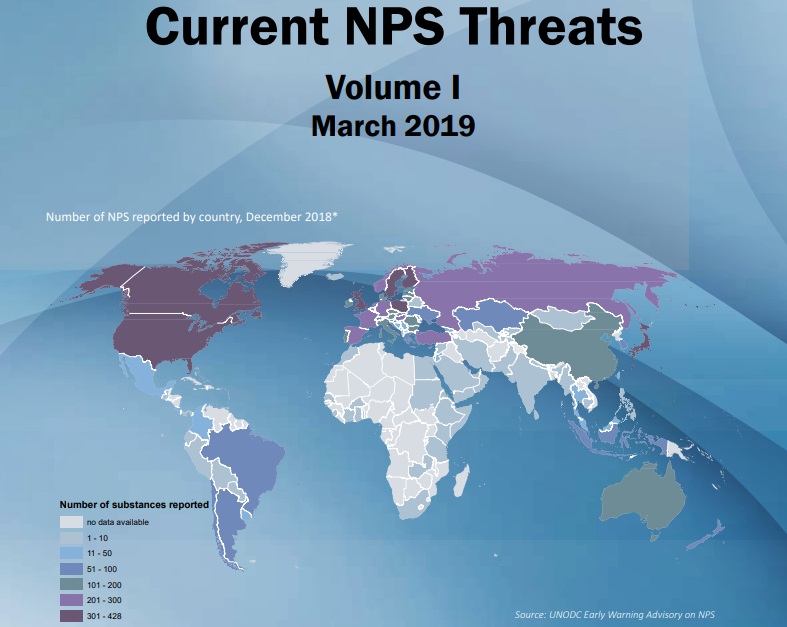In the last decade, an increasing number of donors are withdrawing their support for healthcare. This has been especially true for middle-income countries, where the growth of domestic resources was one of the triggers for donor funding reduction. The Global Fund to Fight AIDS, Tuberculosis and Malaria (the Global Fund) has termed this process as “transition”.
In 2018 the Open Society Foundations, through the Eurasian Harm Reduction Association (EHRA), initiated the project Budget Advocacy and Monitoring in countries of South East Europe. It provided funding to three transitioning countries in the Balkan region – Bosnia and Herzegovina, Montenegro, and Serbia – through the sub-regional network organization, Drug Policy Network South East Europe (DPNSEE), to support budget advocacy for harm reduction services. The local coordinating organisations are Margina, Juventas and Prevent.
The case study looks at the implementation of this project as one of the demonstrations of the SBF mechanism, with the objectives to:
- Document the pilot in 3 Balkan countries and to analyse the strengths and weaknesses of this approach and to develop suggestions for improvement; and,
- Document the results, successes, and challenges of the budget advocacy projects supported through this approach.
Our project serves as a pilot for the Sustainability Bridge Funding (SBF), an idea that has been discussed among donors and civil society organizations as a way of mitigating the negative effects of transition and in providing support for key essential services for communities and key populations. As a safety net mechanism, it should respond to gaps in funding and mitigate adverse effects of donor funding withdrawal.
Please find the document following this link>>>
















